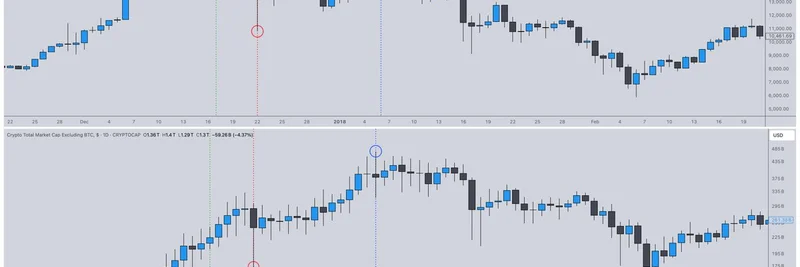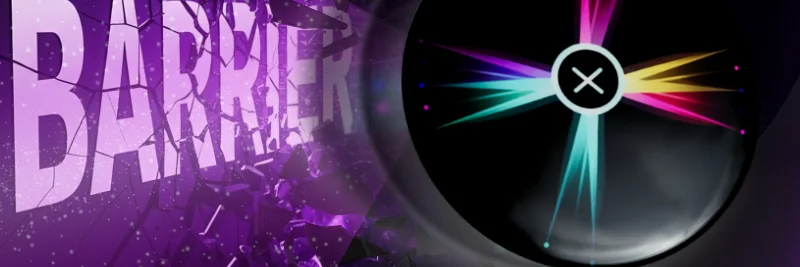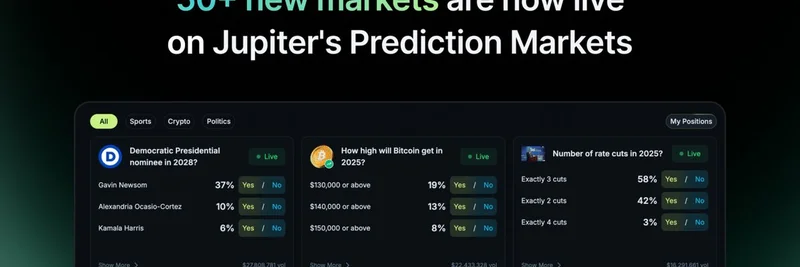Imagine going from courtroom battles to high-level roundtable talks in just two years. That's exactly what happened to Kalshi, a leading prediction market platform. In a recent tweet, Tarek Mansour, Kalshi's co-founder, shared this incredible turnaround: "Two years ago, we sued the CFTC. Today, I have the privilege of speaking at the SEC-CFTC roundtable."
For those new to the term, prediction markets are like betting platforms where people wager on real-world events—think election outcomes, sports results, or even crypto price movements. They're powered by smart contracts on blockchains, making them transparent and efficient. Kalshi stands out because it's fully regulated in the U.S., allowing users to trade event contracts legally.
This story started when Kalshi challenged the Commodity Futures Trading Commission (CFTC) in court. The CFTC regulates futures and options, and Kalshi fought for the right to offer prediction markets without overbearing restrictions. Fast-forward to now, and Mansour is at a joint SEC-CFTC event discussing regulatory harmonization. The Securities and Exchange Commission (SEC) oversees securities, and this roundtable, set for September 29, 2025, aims to align rules between the two agencies.
Why does this matter for meme tokens? Meme coins like Dogecoin or newer ones inspired by viral trends thrive on speculation and community hype. Prediction markets could amplify that by letting people bet on meme-related events—say, whether a certain token hits a price milestone or if a celebrity endorses it. With clearer regulations, platforms like Kalshi might integrate more seamlessly with blockchain ecosystems, opening doors for meme token holders to hedge risks or speculate in a regulated way.
The tweet sparked reactions from the crypto community. One user praised the "grit it takes to sue your own regulator," highlighting the determination of Kalshi's team. Another called it the "prediction market supercycle," suggesting we're entering a boom phase for these tools. Even critics chimed in, but overall, it's a nod to how persistence can shift the regulatory landscape.
Looking ahead, this dialogue could lead to friendlier rules for decentralized finance (DeFi) elements tied to memes. If prediction markets get the green light for more crypto integrations, meme tokens could see increased liquidity and real-world utility. For blockchain practitioners, it's a reminder that engaging with regulators—rather than avoiding them—can pave the way for innovation.
At Meme Insider, we're keeping tabs on how these developments unfold. If you're diving into meme tokens, understanding prediction markets like Kalshi's could give you an edge in navigating the volatile crypto world. Stay tuned for more updates on meme-insider.com.



